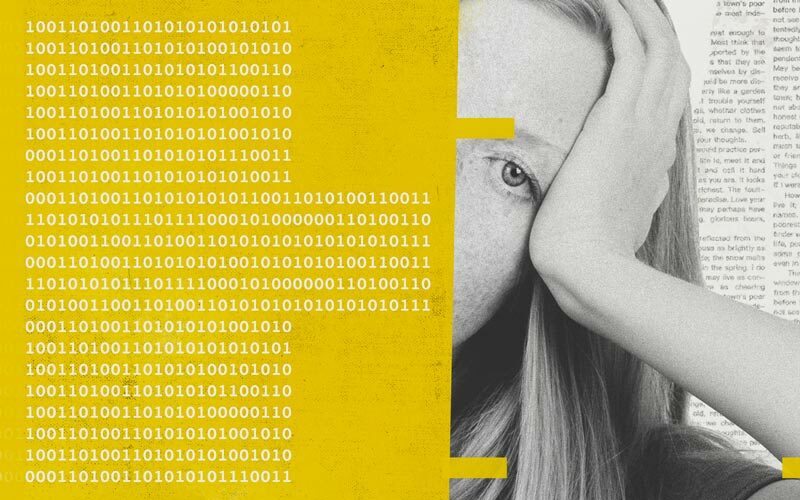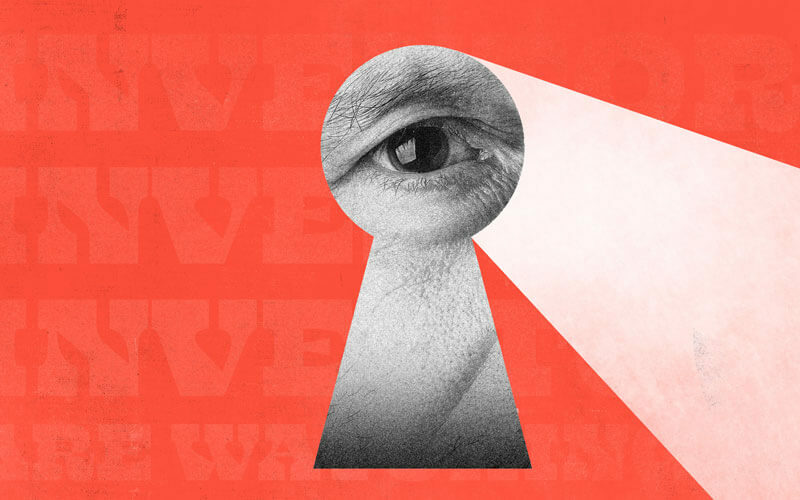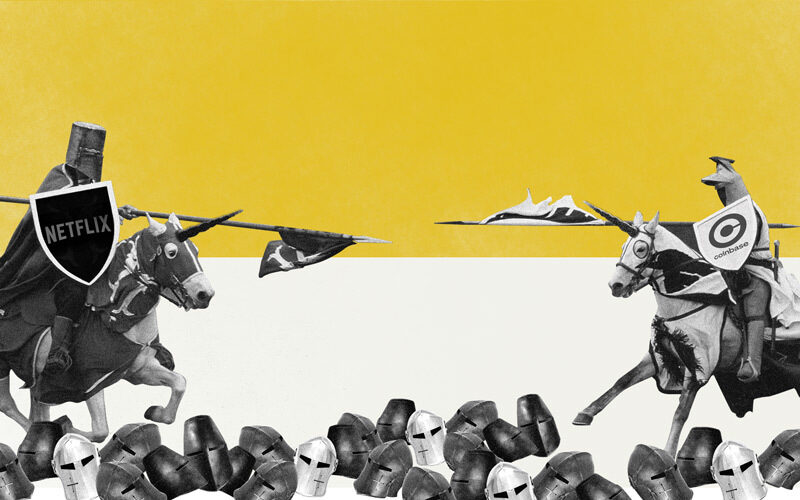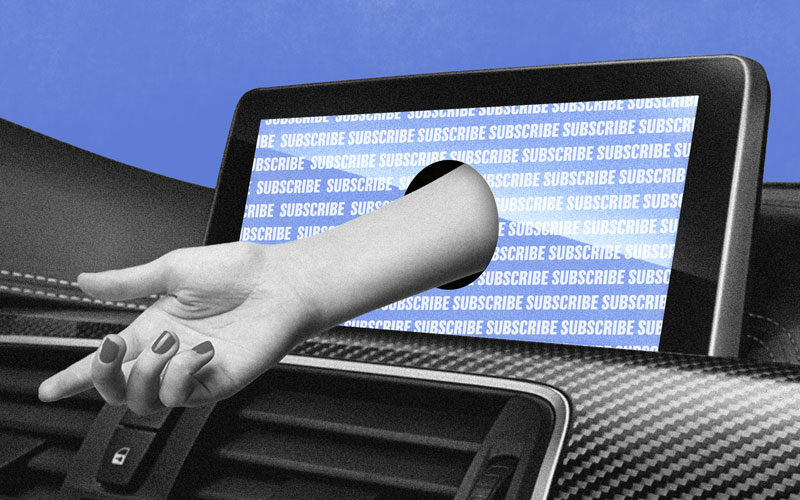Humans like change, but also don’t like change. We like novelty, but we like things to stay the same.
That’s why Spotify’s algorithms work so well. People were daunted by Discover Weekly – a whole playlist of curated but unfamiliar music. So it introduced Daily Mixes to blend the music you know and love with a pinch of new stuff to keep it exciting.
It’s probably also why people have affairs rather than leaving their marriages outright – but that’s a subject for a different site.
We’ve been inventing for long enough that we know none of this new. If we had the data, we’d probably see that the first cavemen were hostile to fire (and, to be fair, with good reason). The wheel was probably a controversial one. People were literally terrified of steam trains. And the telephone was the original privacy scare.
We know humans are both fearful and adaptive. But what’s less talked about is how we reposition ourselves in response to changes in tech and the economy.
The future is scary
What does the next 50 years look like for humanity?
Whether we like it or not, the Metaverse is coming, AI is advancing, and Web 3.0 is on the horizon. Blockchain is already here, attacking centralisation and revolutionising dynamics between buyer and corporation, worker and employer, citizen and government.
Remote work went from a rare perk to everyday life in the space of 2 short years. Climate catastrophe is looming, or the green revolution is beginning, depending on your perspective.
This is what we know. But there is also what we don’t know. And there is also what we don’t know we don’t know.
Thanks to inventor and futurist Ray Kurzweil’s law of accelerated returns, we know that innovation cycles are shortening. Change in tech is not linear, but exponential, due to the mechanisms of invention that get improved every time, the decreasing cost of production over time, and the proliferation of use cases. It’s a cycle of feedback and growth.
Exponential growth is difficult to wrap our heads around. And in the context of artificial intelligence, it’s pretty terrifying.
Kurzweil cites the old legend of the chessboard inventor and the Chinese emperor. The emperor took a shine to the game and asked what payment the inventor would accept. The inventor asked for a grain of rice for the first square, and to double the grain for every subsequent square. The first four were easy – 1 grain of rice, then 2, then 4. But after doubling the grains on all 63 squares? The emperor owed the inventor 18 million trillion grains of rice.
Like a starchy explosion of rice debt, Kurzweil predicts that:
“Progress will ultimately become so fast that it will rupture our ability to follow it. Machine intelligence will surpass human intelligence, leading to technological change so rapid and profound it represents a rupture in the fabric of human history.”
Not reassuring, Kurzweil. Not reassuring at all.
Befriending the fear
It’s easy to laugh at computerphobia and Millennium bug hysteria now. But what’s much more interesting is how we learnt to thrive once the fear died down.
People thought the steam locomotive would rip them apart from the inside, but it just meant they got to go on beach holidays.
It also gave way to multiculturalism, employment, and distribution of literature. British MPs became more active in their roles thanks to easier travel between their constituencies and the Houses of Parliament. People started eating more protein because the trains transported fish from port towns to inland markets.
The invention of the computer led to the exact same fears as AI. If these super calculators can do everything for us, where do our jobs go? What actually happened was that worker productivity increased and jobs proliferated.
As much as technology advances, our cavemen brains continue to reinforce fear of what we don’t know. Locked in a perpetual Groundhog Day, we’re facing the same moral panic with AI we stirred up 50 years ago with the computer. We already have self checkouts and robot doctors. What will become of the job market?!
We have to remember the counterfactual. That stuff we don’t know we know. Industries will rise and fall, attitudes will shift. For example, solar and sustainable energy solutions will begin to boom. We’ll see an introduction of ‘new collar’ jobs that encompass sustainability, cybersecurity, coding, and multi-level engineering.
Human emotional intelligence and dexterity can’t be replaced, so will remain a key asset to most roles. New tech will be used in collaboration with humans, not instead of them. In the words of reKnow founder Suzette Bailey:
“It’s like the accountant using AI to do their BAS statement. It’s not that they can’t do it – it’s more that they shouldn’t be doing it. It’s getting them to shift from ‘this is replacing my job’ to ‘this is making me more effective at my job’”.
AI takes care of the grunt work so we can devote our energy to what we do best: creativity, growth, and progress. And hopefully a bit more rest and relaxation, too.
In stark contrast to the fearmongering in AI, some developers are building an extremely bright future with it, using it to detect cancer, protect the Great Barrier Reef, and catalogue precious Aboriginal art.
The state of AI will change, but so will the state of the economy, the job market, and our minds.










